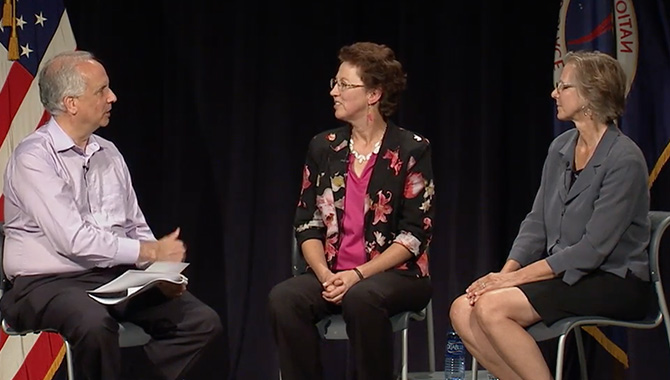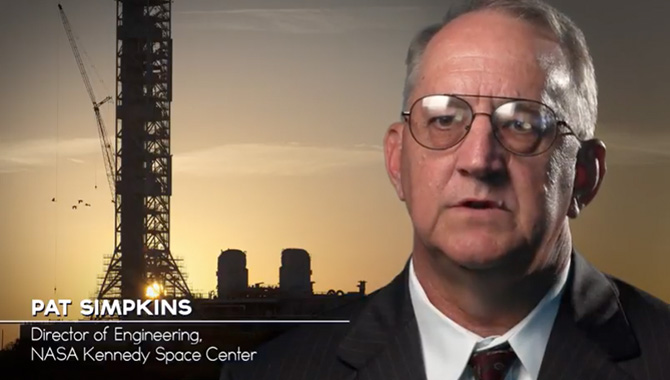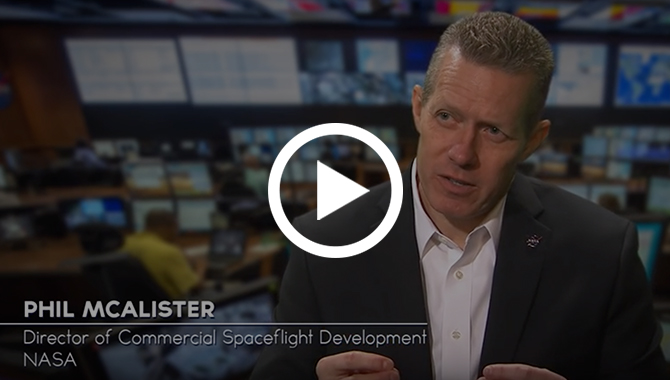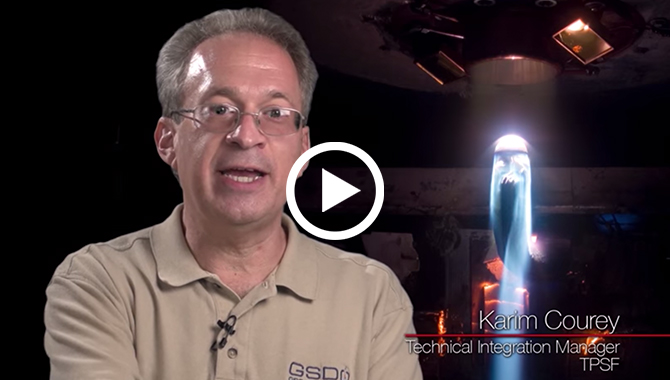Knowledge is an important product that comes out of all of NASA’s project work.
Knowledge that is captured and kept in an easy-to-find, accessible way will help future projects save time and budget by giving them a roadmap of ideas on how to avoid the same mistakes, and ideas for solutions to obstacles. Documenting how problems were solved in past projects may provide an answer to future projects or, at least, spur creative ideas that may help with the technical issues being faced.
Brian Anderson is the Project Manager for the Orion Capsule Parachute Assembly System at Johnson Space Center. In this short video clip, he shares lessons on the value of knowledge transfer and capture pertaining to parachutes for space vehicles.
Video key learning points:
-
- 1.
Maintain the knowledge that has been gained from the past at the level of detail needed to be useful for future projects.
- 2.
Future project managers should be able to use the knowledge gained during past projects and testing to get an understanding of performance limits.
- 3.
Knowledge should capture the level of detail needed for key activities such as the parachute inspection procedures, packing and integration to avoid failure.
- 4.
Try to examine your component and consider new factors that may interact and interfere with its performance.
- 1.









